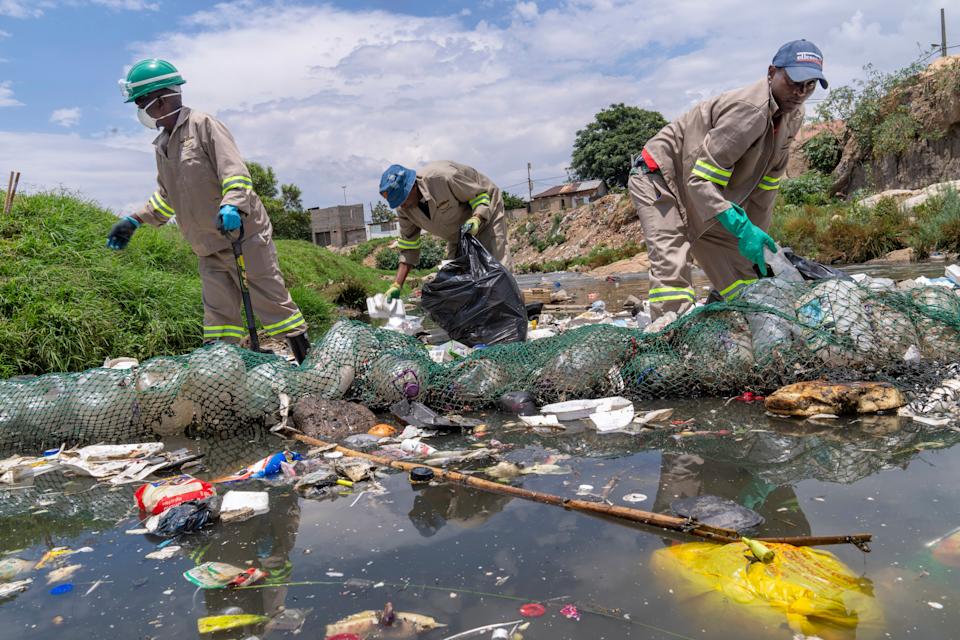The United Nations Educational, Scientific and Cultural Organization (UNESCO) and UN-Water have released the World Water Development Report 2025, revealing alarming rates of glacier melt due to climate change. This accelerated melting poses severe threats to global water security, ecosystems, and economies.
Key Findings from the Report
- Glacier Melt Accelerates: Glaciers worldwide are melting faster than ever before, leading to unpredictable water cycles and increased risks of floods, droughts, and landslides.
- Threat to Water Supply: The rapid retreat of glaciers threatens the food and water supply of approximately 2 billion people globally.
- Impact on Agriculture and Energy: With 72% of the world's freshwater used for agriculture and significant portions for industry and domestic use, diminishing glacier-fed water sources could severely impact food production and energy generation.
Regional Spotlight: Pakistan's Vulnerability
Pakistan, home to over 7,000 glaciers, has experienced a 10-12% loss in glacier mass over the past two decades, with around 30 glaciers transforming into lakes. This increases the risk of catastrophic flooding and threatens water availability for agriculture, a sector heavily reliant on canal irrigation.

Global Economic Implications
The loss of glacier-fed freshwater supplies could put $4 trillion in global GDP at risk, disrupting agriculture, energy production, and urban water supplies.

In response to these challenges, the UN General Assembly has declared 2025 the International Year of Glaciers' Preservation, aiming to raise awareness and promote actions to protect these vital water sources.
The report emphasizes the urgent need for:
- Climate Action: Implementing measures to mitigate climate change and reduce greenhouse gas emissions.
- Sustainable Water Management: Adopting water-efficient technologies and practices in agriculture and industry.
- Disaster Preparedness: Enhancing early warning systems and infrastructure to cope with water-related disasters.
As the global community confronts the escalating water crisis, coordinated efforts are essential to safeguard water resources and ensure a sustainable future for all.




